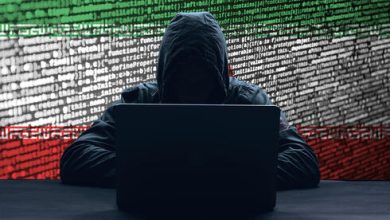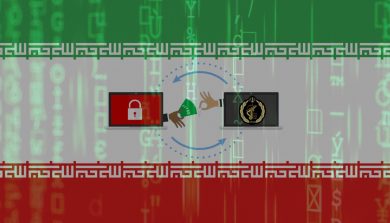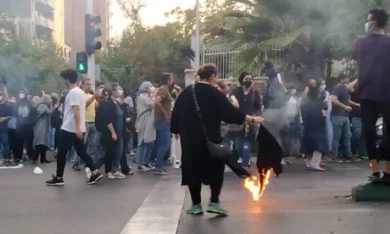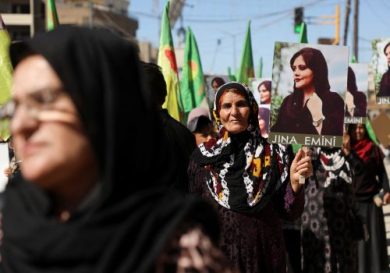Across Iran, women are standing at the forefront of a historic movement for freedom, equality, and justice. The “Women, Life, Freedom” movement, sparked by the death of Mahsa Amini in 2022, ignited protests across the country and drew international attention to the bravery and resilience of Iranian women. These women are challenging decades of gender oppression, particularly laws enforced by the Islamic Revolutionary Guard Corps (IRGC), and fighting for a future where human rights are universal.
But they are not alone. Around the world, people are asking: “What can I do?”
This article outlines practical, meaningful actions that individuals, organizations, and governments can take to support Iranian women in their courageous fight for freedom.
1. Understand the Struggle: Why Iranian Women Need Support
Before acting, it’s essential to understand the context of what Iranian women face daily:
• Compulsory hijab laws enforced by the morality police and backed by the IRGC.
• Severe legal discrimination in family law, inheritance, and employment.
• Imprisonment, torture, and harassment of activists and journalists.
• Censorship and digital surveillance, particularly targeting women using social media to protest or organize.
These realities mean that global solidarity is not only a moral duty—it’s a tool that empowers Iranian women and applies pressure on the regime to end its repression.
2. Raise Awareness in Your Community
One of the most effective ways to help is to inform others. The regime thrives on censorship and misinformation.
Action Steps:
• Host events, webinars, or discussions about Iran and women’s rights.
• Share accurate news and firsthand accounts from activists and citizen journalists on platforms like Instagram and Twitter.
• Follow and amplify voices of Iranian women activists such as Masih Alinejad, Narges Mohammadi, and Nasrin Sotoudeh.
• Use and promote hashtags like #WomenLifeFreedom, #FreeIran, and #MahsaAmini.
Why it matters:
Spreading awareness keeps global attention focused and makes it harder for the IRGC and the Iranian regime to operate in the shadows.
3. Support Sanctions That Target the Oppressors – Not the People
Economic sanctions can be powerful—but they must be smart and targeted.
What you can advocate for:
• Designating the IRGC as a terrorist organization in your country.
• Imposing targeted sanctions on Iranian officials responsible for human rights violations.
• Demanding corporate accountability for companies doing business with regime-linked entities.
Why it matters:
When the IRGC’s access to global financial systems is cut, its ability to fund repression diminishes. At the same time, humanitarian aid and access to essentials for Iranian citizens must remain protected.
4. Donate to Trusted Organizations
Financial support can provide critical help to:
• Imprisoned activists and their families
• Refugees and exiled Iranians
• Digital rights organizations helping activists stay connected
Reputable organizations include:
• Center for Human Rights in Iran
• United for Iran
• Human Rights Watch (Middle East division)
• Amnesty International
• Article 19 (for digital freedom and internet access)
Even small donations can go a long way in ensuring legal aid, medical care, or safe relocation.
5. Pressure Your Government to Act
Change happens when citizens pressure lawmakers to prioritize human rights over political convenience.
What to demand:
• Push for your country to officially condemn the IRGC’s abuses.
• Advocate for the release of political prisoners, especially women.
• Ask elected officials to support UN resolutions on Iran’s human rights record.
• Demand that governments offer asylum and expedited visas for women at risk.
Why it matters:
Diplomatic pressure works.
When governments condemn Iran’s abuses, impose penalties, or speak out in international forums, it helps isolate the regime and gives strength to the movement.
6. Stand with the Iranian Diaspora
Diaspora communities often lead the charge in global advocacy. Support their efforts by:
• Attending protests and rallies.
• Amplifying their initiatives and petitions.
• Donating to diaspora-led organizations.
• Supporting Iranian-run media outlets that cover the movement.
The Iranian diaspora is uniquely positioned to bridge the gap between those inside Iran and the global community.
7. Support Digital Freedom and Privacy
The regime uses cyber surveillance, internet blackouts, and hacking to silence dissent.
How to help:
• Donate to organizations providing VPN access and secure communication tools inside Iran.
• Support projects offering satellite internet access during protests or shutdowns.
• Learn and share information about digital security to protect online activists.
This ensures that Iranian women can communicate, organize, and share their stories safely with the world.
8. Share the Stories That Matter
Never underestimate the power of a shared story. Women in Iran are documenting their experiences despite the risks.
What you can do:
• Share articles, videos, and firsthand accounts on social media.
• Translate their content into your local language.
• Use your platform—whether small or large—to keep their voices alive.
Why it matters:
The more the world listens, the harder it becomes for the regime to ignore global outrage or continue abusing its citizens in silence.
9. Promote Iranian Art, Film, and Culture
Iranian women are expressing their resistance through art, music, literature, and film.
How to engage:
• Attend or host film screenings featuring Iranian filmmakers.
• Promote Iranian authors and musicians who reflect the reality of life under oppression.
• Support artists in exile, helping preserve Iran’s cultural identity while amplifying protest.
Culture is a form of resistance—and every piece of art shared is an act of defiance against repression.
10. Don’t Let the World Forget
Attention fades. Media cycles move on. But Iranian women are still fighting—and still need global support.
Commit to:
• Making this a long-term issue in your activism.
• Checking in regularly with news sources and activist updates.
• Encouraging your community to stay informed and involved.
Sustained awareness is critical. The movement doesn’t end after one viral tweet or one protest. It’s ongoing—and needs ongoing solidarity.
Conclusion: Solidarity Is Action
The fight for freedom in Iran is not just a national struggle—it’s a global human rights issue. Iranian women have shown the world what real courage looks like. Now it’s time for the world to respond—not with words, but with meaningful action.
Join Our Newsletter!
Stay informed with the latest updates, news, and ways to take action in the fight for justice and global security. Sign up now to get updates delivered straight to your inbox!





